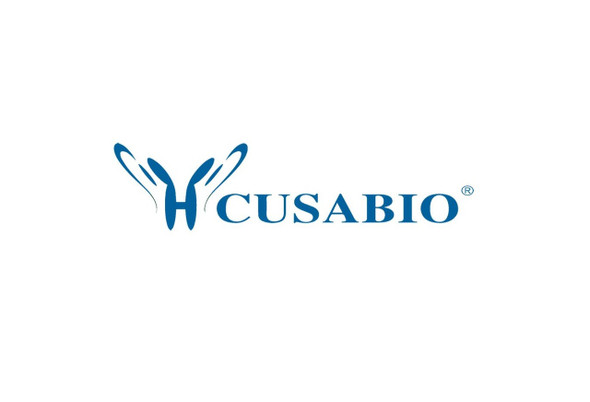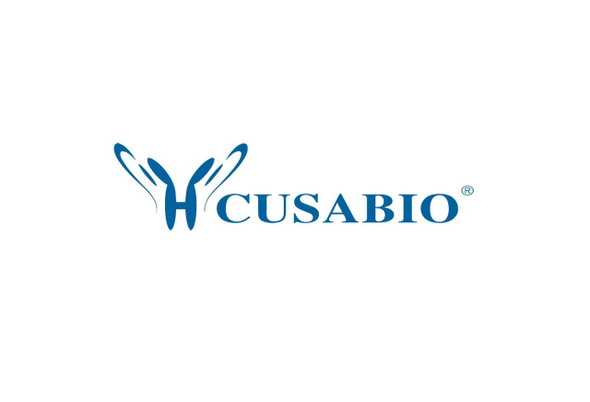Cusabio Bacillus subtilis Recombinants
Recombinant Bacillus subtilis Signal transduction histidine-protein kinase/phosphatase DegS (degS) | CSB-EP320275BRJ
- SKU:
- CSB-EP320275BRJ
- Availability:
- 13 - 23 Working Days
Description
Recombinant Bacillus subtilis Signal transduction histidine-protein kinase/phosphatase DegS (degS) | CSB-EP320275BRJ | Cusabio
Alternative Name(s): sacU
Gene Names: degS
Research Areas: Others
Organism: Bacillus subtilis (strain 168)
AA Sequence: MNKTKMDSKVLDSILMKMLKTVDGSKDEVFQIGEQSRQQYEQLVEELKQIKQQVYEVIELGDKLEVQTRHARNRLSEVSRNFHRFSEEEIRNAYEKAHKLQVELTMIQQREKQLRERRDDLERRLLGLQEIIERSESLVSQITVVLNYLNQDLREVGLLLADAQAKQDFGLRIIEAQEEERKRVSREIHDGPAQMLANVMMRSELIERIFRDRGAEDGFQEIKNLRQNVRNALYEVRRIIYDLRPMALDDLGLIPTLRKYLYTTEEYNGKVKIHFQCIGETEDQRLAPQFEVALFRLAQEAVSNALKHSESEEITVKVEITKDFVILMIKDNGKGFDLKEAKEKKNKSFGLLGMKERVDLLEGTMTIDSKIGLGTFIMIKVPLSL
Source: E.coli
Tag Info: N-terminal 6xHis-tagged
Expression Region: 1-385aa
Sequence Info: Full Length
MW: 49 kDa
Purity: Greater than 85% as determined by SDS-PAGE.
Relevance: Member of the two-component regulatory system DegS/DegU, which plays an important role in the transition growth phase. Involved in the control of expression of different cellular functions, including production of degradative enzymes such as the neutral and alkaline proteases, flagellum formation and biofilm formation. Acts as both a protein kinase that undergoes autophosphorylation and subsequently transfers the phosphate to DegU, and a protein phosphatase that dephosphorylates phospho-DegU.
Reference: "Localization of Bacillus subtilis sacU(Hy) mutations to two linked genes with similarities to the conserved procaryotic family of two-component signalling systems." Henner D.J., Yang M., Ferrari E. J. Bacteriol. 170:5102-5109(1988)
Storage: The shelf life is related to many factors, storage state, buffer ingredients, storage temperature and the stability of the protein itself. Generally, the shelf life of liquid form is 6 months at -20?/-80?. The shelf life of lyophilized form is 12 months at -20?/-80?.
Notes: Repeated freezing and thawing is not recommended. Store working aliquots at 4? for up to one week.
Function: Member of the two-component regulatory system DegS/DegU, which plays an important role in the transition growth phase. Involved in the control of expression of different cellular functions, including production of degradative enzymes such as the neutral and alkaline proteases, flagellum formation and biofilm formation. Acts as both a protein kinase that undergoes autophosphorylation and subsequently transfers the phosphate to DegU, and a protein phosphatase that dephosphorylates phospho-DegU.
Involvement in disease:
Subcellular Location: Cytoplasm
Protein Families:
Tissue Specificity:
Paythway:
Form: Liquid or Lyophilized powder
Buffer: If the delivery form is liquid, the default storage buffer is Tris/PBS-based buffer, 5%-50% glycerol. If the delivery form is lyophilized powder, the buffer before lyophilization is Tris/PBS-based buffer, 6% Trehalose, pH 8.0.
Reconstitution: We recommend that this vial be briefly centrifuged prior to opening to bring the contents to the bottom. Please reconstitute protein in deionized sterile water to a concentration of 0.1-1.0 mg/mL.We recommend to add 5-50% of glycerol (final concentration) and aliquot for long-term storage at -20?/-80?. Our default final concentration of glycerol is 50%. Customers could use it as reference.
Uniprot ID: P13799
HGNC Database Link: N/A
UniGene Database Link: N/A
KEGG Database Link: KEGG
STRING Database Link: STRING
OMIM Database Link: N/A









